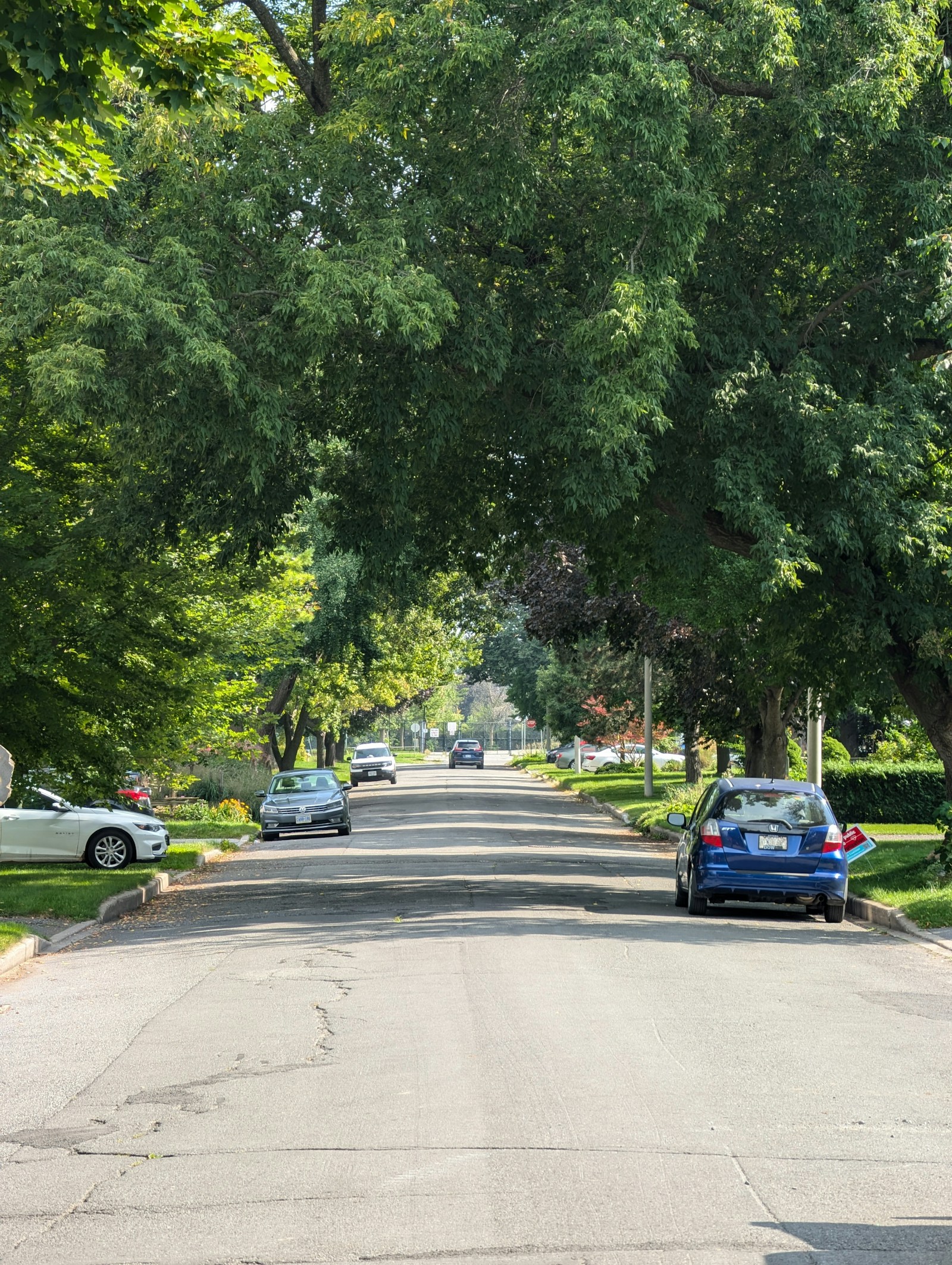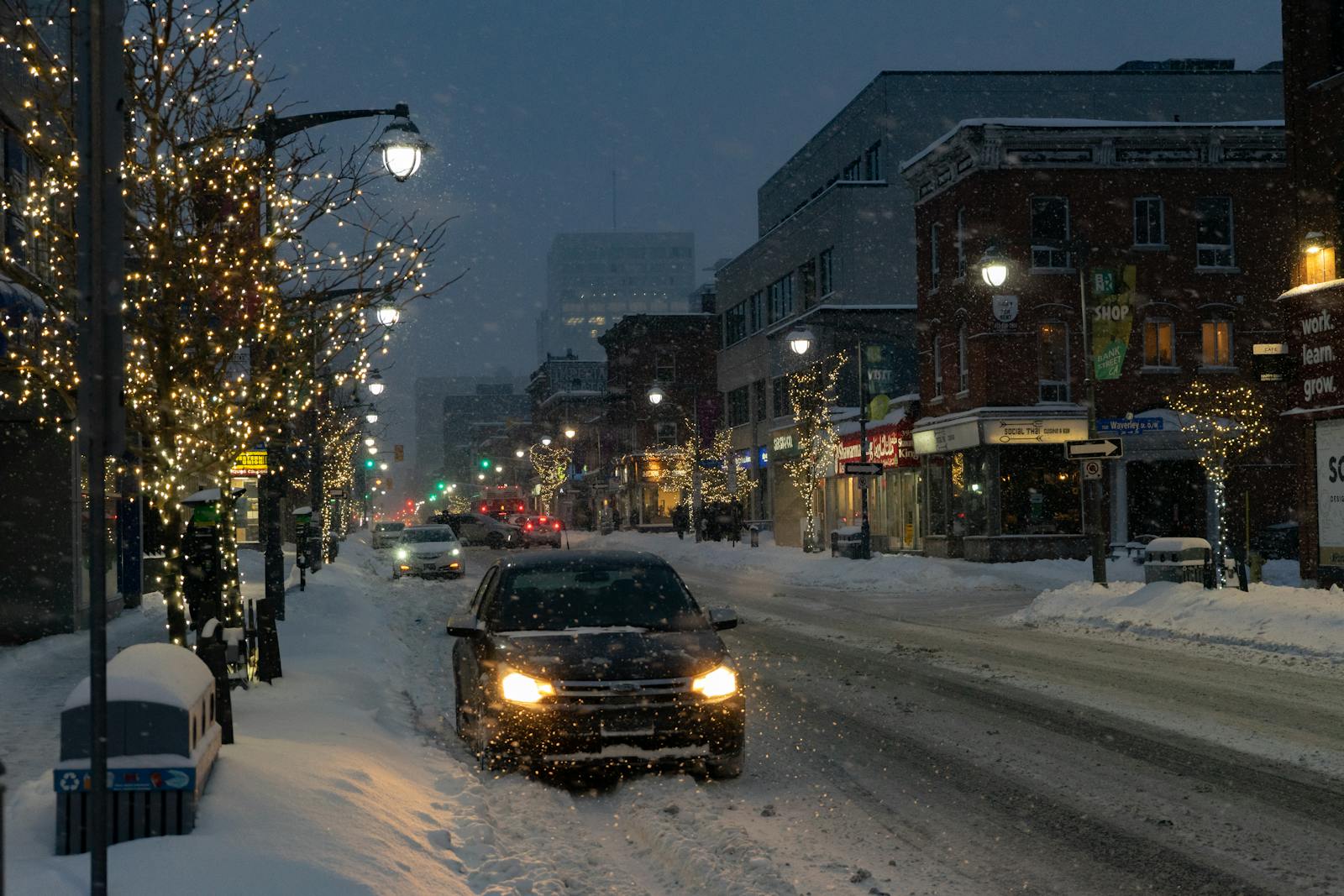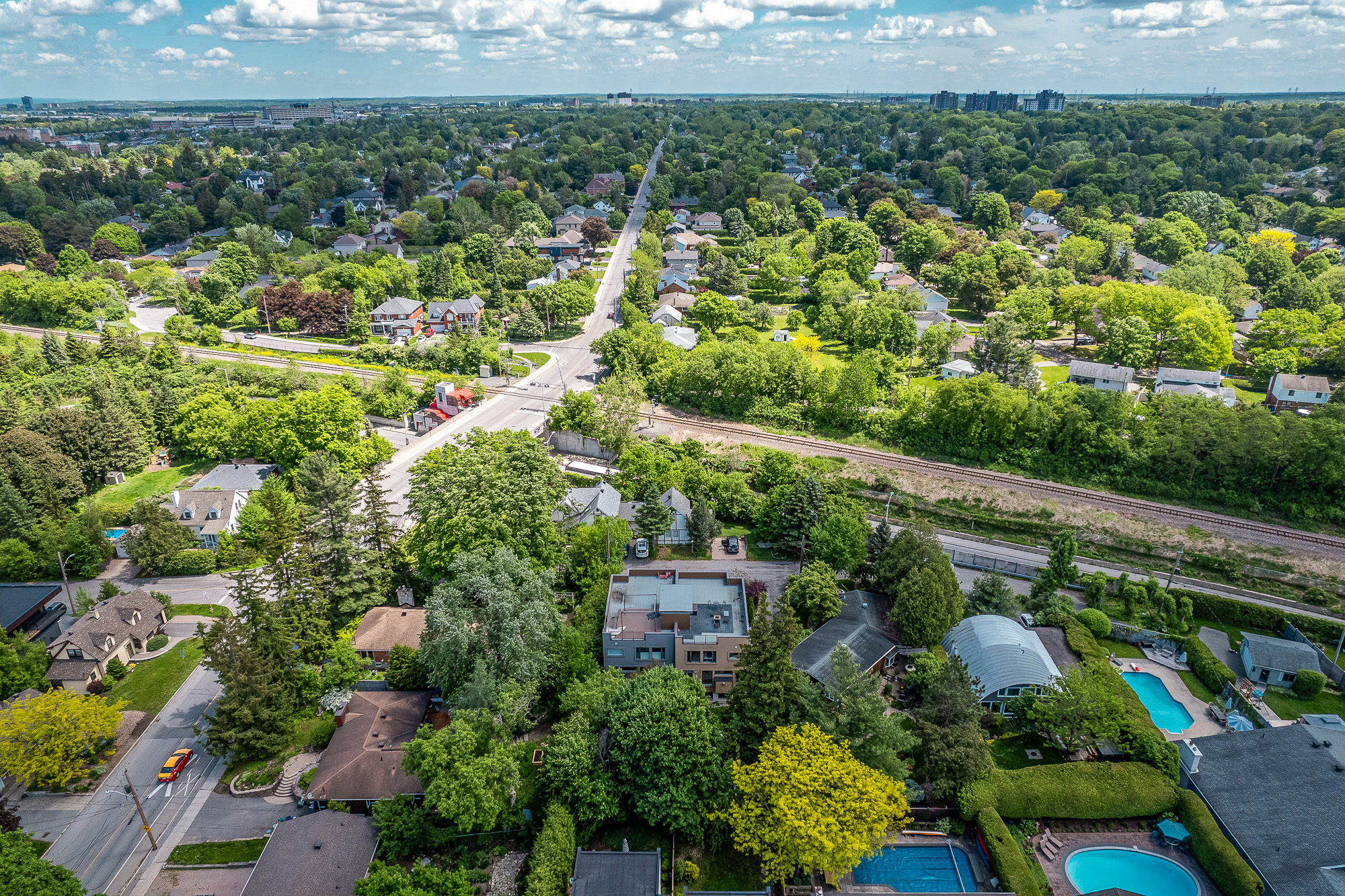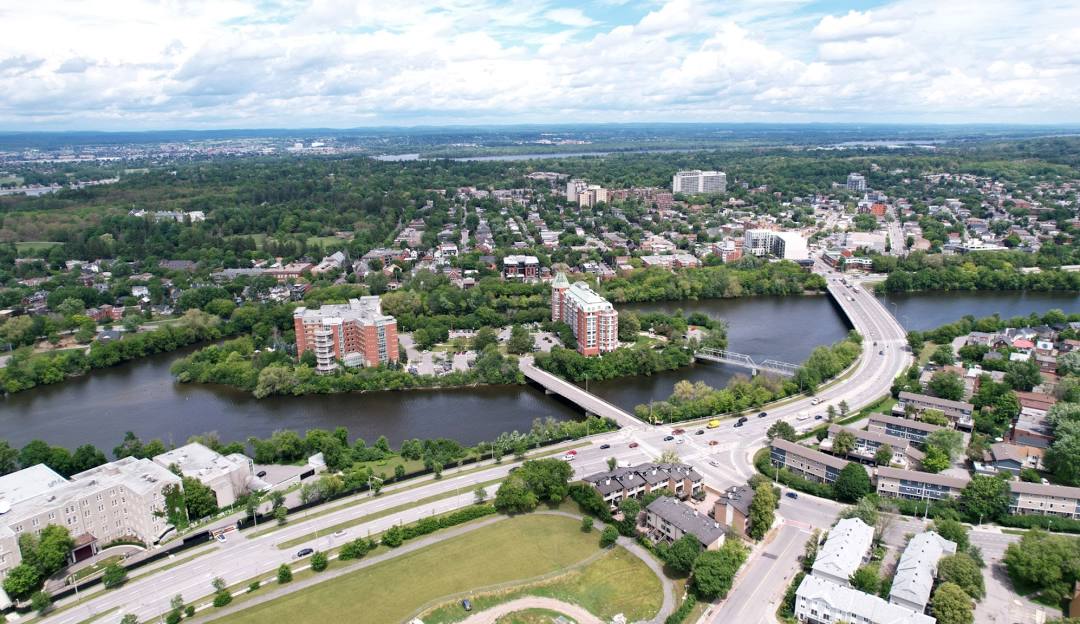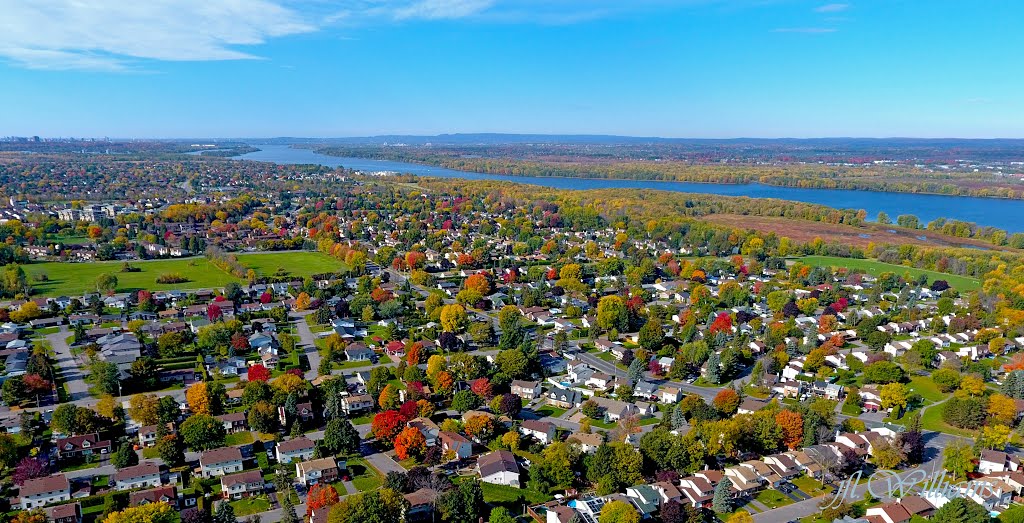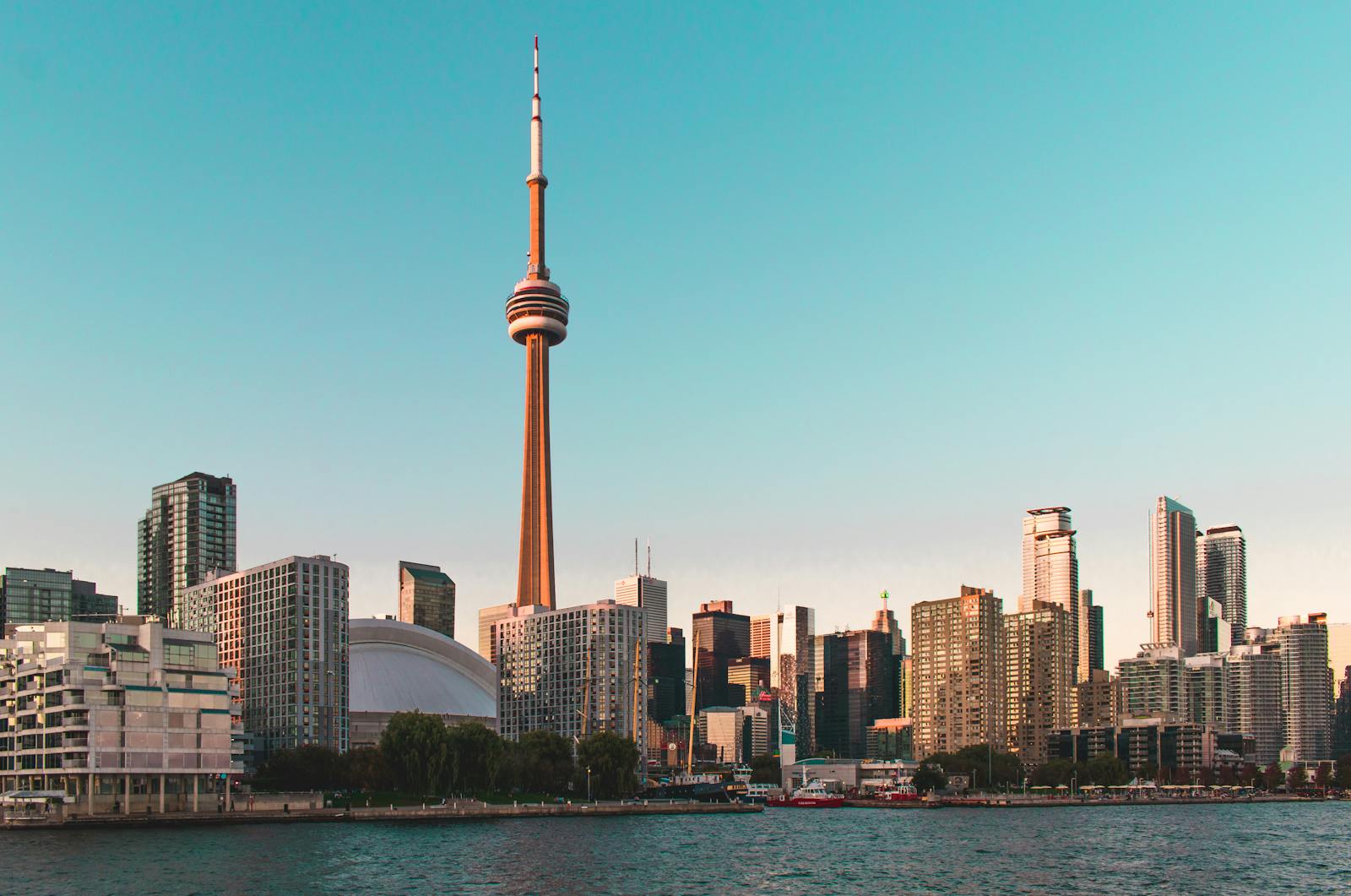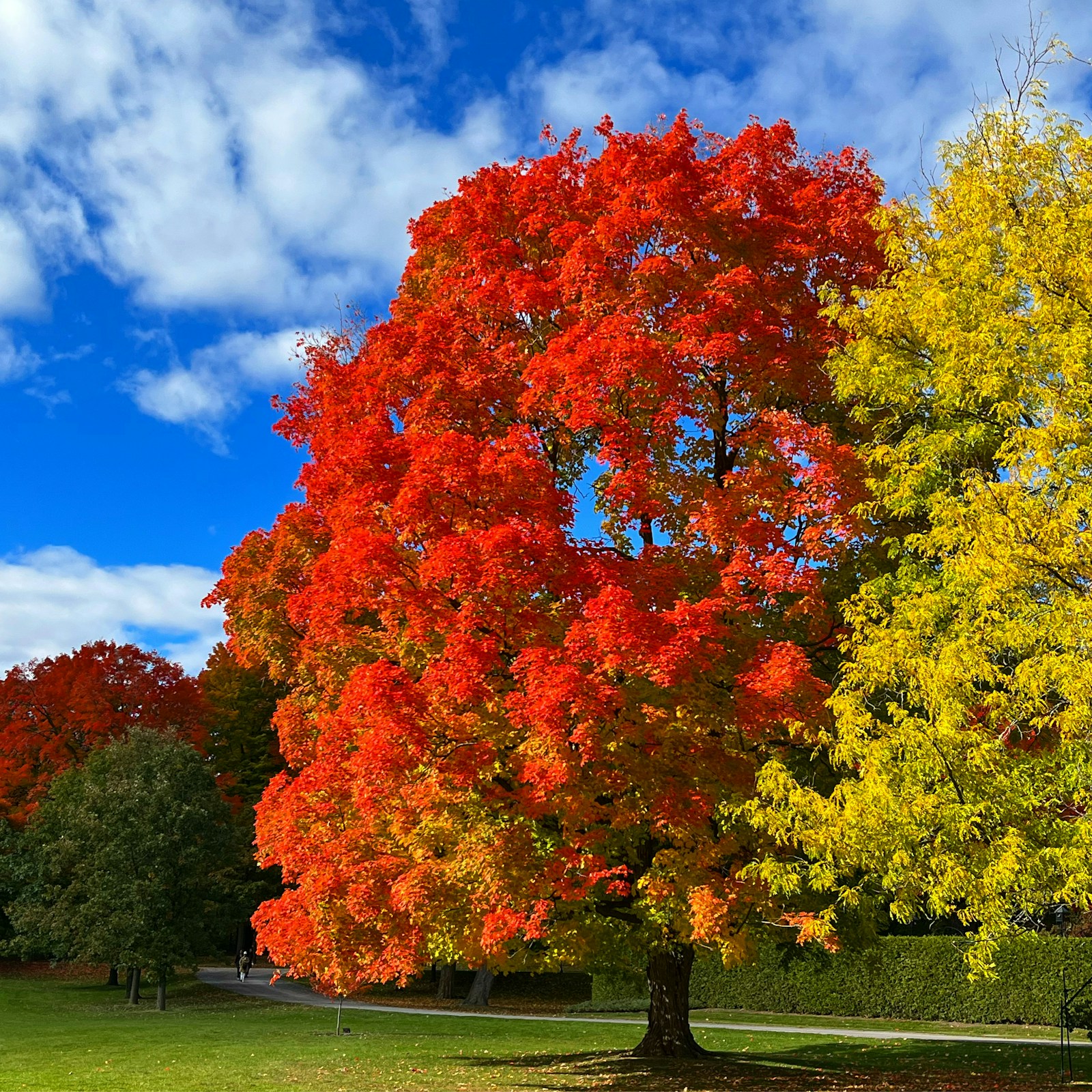Introduction – Why The Glebe is One of Ottawa’s Most Beloved Neighbourhoods
From Historic District to Modern Hotspot
The Glebe is where Ottawa’s historic elegance meets modern living. With its early 20th-century architecture, trendy boutiques, and vibrant community life, this neighborhood has transformed into one of the capital’s most desirable areas. Yet, it still retains the charm and character that make it unique.
Who’s Choosing The Glebe in 2025
In 2025, The Glebe continues to attract young professionals, families, downsizers, and empty nesters looking for walkable, stylish, and character-filled living in the heart of the city. If you value heritage, culture, and location, it’s hard to beat.
Location and Walkability
Where is The Glebe?
Located just south of downtown Ottawa, The Glebe is bordered by Bank Street to the west, Queen Elizabeth Drive to the east, and wraps around Lansdowne Park and the Rideau Canal. It's one of the city's most central and connected residential neighborhoods.
Walking Distance to Everything
Living in The Glebe means being just steps away from shops, dining, the canal, TD Place Stadium, and the downtown core. The Walk Score is consistently above 90—making it ideal for car-free living.
Real Estate in The Glebe
Types of Homes Available
The Glebe is best known for its:
Heritage single-family homes
Fully renovated century homes
Upscale townhouses
Modern condos near Lansdowne
Pricing Trends and Market Demand
As of 2025, average prices for detached homes hover around $1.2M–$1.6M, with townhouses and condos ranging between $600,000–$950,000. While prices are premium, demand remains high due to limited supply and timeless appeal.
Why The Glebe Holds Its Value
Its central location, school district reputation, and architectural beauty ensure The Glebe consistently ranks among Ottawa’s most stable and valuable neighborhoods for real estate investment.
Heritage and Architecture
Restored Edwardian and Craftsman Homes
The Glebe’s streets are lined with Edwardian, Arts and Crafts, and Victorian-style homes—many lovingly restored with modern interiors while preserving their historical facades and features like stained glass, crown molding, and original fireplaces.
Tree-Lined Streets with Century-Old Charm
Shady boulevards, mature trees, and brick sidewalks create a picture-perfect streetscape, ideal for morning walks, evening jogs, or simply enjoying your front porch.
Dining and Food Scene
Top-Rated Restaurants and Cafés
Foodies love The Glebe. You’ll find everything from trendy vegan spots to classic bistros, including:
The Rowan – Upscale comfort food with craft cocktails
Kettleman’s Bagel Co. – A local institution for Montreal-style bagels
Craft Beer Market – Huge selection of brews with rooftop seating
Glebe Central Pub, Kettleman’s, and More
For casual nights out, locals head to Glebe Central Pub or grab a snack from Stella Luna Gelato Café. The variety ensures something for every palate.
Shopping on Bank Street
Independent Boutiques and Artisans
The Glebe’s Bank Street is packed with locally owned boutiques, bookstores, fashion shops, and artisan gift stores. It's a shopper’s paradise with zero mall energy.
Glebe Merchants and Seasonal Sidewalk Sales
Events like the Great Glebe Garage Sale and seasonal sidewalk sales bring the whole community outdoors for bargains, browsing, and bonding.
Continuing the article “Living in The Glebe, Ottawa: Heritage Charm Meets Modern Living” from where we left off:
Parks, Waterways, and Outdoor Recreation
Rideau Canal Pathways
Living in The Glebe puts you steps from the Rideau Canal, a UNESCO World Heritage Site. Residents enjoy walking, running, cycling, and—come winter—skating along the world’s longest skating rink. It’s a lifestyle perk you simply won’t find in most neighborhoods.
Lansdowne Park and Community Events
Lansdowne is The Glebe’s community anchor. It offers:
TD Place Stadium (home of the Ottawa Redblacks & Ottawa 67’s)
Cineplex VIP Theatres
Whole Foods, Sporting Life, and other urban retailers
Seasonal events like Night Markets, outdoor yoga, and Winter Lights Festival
With farmers’ markets every Sunday and tons of green space, Lansdowne merges city living with community comfort.
Lifestyle and Community Vibe
Who Lives Here?
The Glebe is home to a well-educated, socially engaged mix of:
Professionals working in government, education, and tech
Families with children enrolled in top-tier schools
Retirees enjoying proximity to culture and health care
Students from Carleton University just across the canal
Festivals, Farmer’s Markets, and Local Culture
The community celebrates its vibrancy through:
The Ottawa Farmers’ Market (Lansdowne)
The Glebe Art in Our Gardens Tour
Annual Great Glebe Garage Sale—a beloved, citywide event
Pop-up art exhibits and local performance nights
These events showcase the tight-knit and culturally rich identity of the neighborhood.
Education and Family Life
Schools in The Glebe
Families are drawn to The Glebe for its top schools:
Glebe Collegiate Institute – One of Ottawa’s most respected public high schools
First Avenue Public School – Elementary with French immersion options
Several Catholic and Montessori schools within walking distance
Libraries, Museums, and Activities for Kids
Nearby, you’ll find:
Ottawa Public Library (Sunnyside branch)
Canadian Museum of Nature – Just across from the neighborhood
Arts camps, dance schools, and music lessons—ideal for active kids
Transportation and Commuting
Transit Options
The Glebe is well-served by OC Transpo, with regular buses on Bank Street connecting you downtown, to uOttawa, Carleton, and Lansdowne. The LRT is accessible within a short commute for broader travel.
Biking and Accessibility
With protected bike lanes, canal paths, and sidewalks, The Glebe is a cyclist- and pedestrian-friendly community. It’s also one of Ottawa’s most accessible neighborhoods for seniors and residents with mobility concerns.
Pros and Cons of Living in The Glebe
What Residents Love
Walkable urban lifestyle
Architectural beauty and tree-lined streets
Local shopping and dining without needing a car
Proximity to nature and recreation
Active, involved community vibe
What to Consider Before Moving In
Home prices are high—it’s a premium market
Parking can be limited, especially on older streets
Traffic on Bank Street can be busy during rush hours and events
Who Should Consider Living in The Glebe?
Young Professionals
If you want city living with character, The Glebe offers stylish condos, social scenes, and easy commutes to downtown or university campuses.
Families
Top schools, safe streets, and community engagement make The Glebe one of Ottawa’s most family-friendly neighborhoods.
Retirees and Downsizers
With nearby healthcare, walkable services, and low-maintenance condo options, it’s also ideal for those seeking a vibrant retirement lifestyle.
Frequently Asked Questions
Q1: Is The Glebe expensive?
Yes. It’s one of Ottawa’s most desirable and expensive areas, but many say the location and lifestyle are well worth the investment.
Q2: What’s traffic like?
Bank Street can be congested during peak hours, especially near Lansdowne events, but side streets are quieter and well-connected.
Q3: Can you walk to the canal?
Absolutely. Most homes are within a 5–10 minute walk of the Rideau Canal.
Q4: Are the homes modern inside?
Many homes have been fully renovated inside while retaining historic charm outside. You’ll find modern kitchens, HVAC systems, and smart tech in many listings.
Q5: What’s the community vibe?
Friendly, inclusive, and highly engaged. There’s always something happening—art, culture, and neighborhood pride thrive here.
Q6: Is there new development happening?
Yes, especially near Lansdowne, with new condos and mixed-use spaces offering more modern options.
Conclusion – The Glebe: Timeless Style with Urban Energy
The Glebe is more than a neighborhood—it’s a lifestyle. With its rare blend of historic architecture, modern amenities, and community spirit, it’s no wonder The Glebe remains one of Ottawa’s most beloved places to live. Whether you're drawn to its vibrant Bank Street scene, its proximity to the canal, or its family-focused environment, The Glebe offers something few other neighborhoods can match: elegance with energy.


